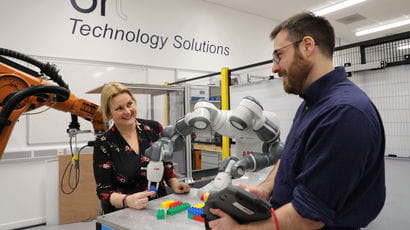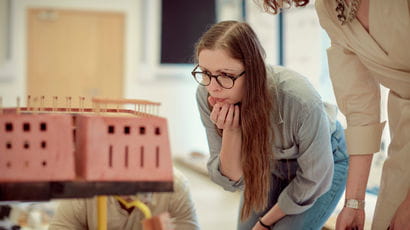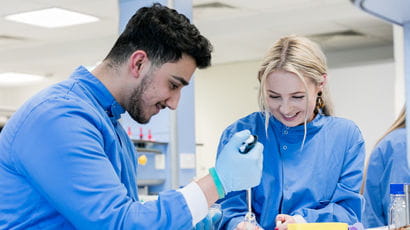Centre for Environment, Society and Resilience (CESR)
We are a challenge-driven research and knowledge exchange Centre operating at the interface of science, policy, people and place. The Centre’s core aim is to undertake research which advances our understanding of the interactions between the environment and society.
The key objective for this aim is to inform and influence policy and people resulting in a healthier environment and more resilient communities within our society.
Our mission is to deliver world-class interdisciplinary research across all environmental issues (air pollution, water, earth science and nature) that contributes to creating a more resilient natural and human environment in the face of current and future challenges. The transdisciplinary research environment created by the Centre facilitates multi-directional integrated outcomes impacts.

Research themes
Current research themes within the Centre.
Members
Staff and postgraduate researchers of CESR.
Publications
Our diverse portfolio of academic research.
Contact
Contact details for our research community.
Transforming tomorrow, today.
Our unique approach to research, innovation, skills, enterprise and just and ethical practices is driving societal improvements and transforming futures for the better.
RISEResearch Centres and Groups
Browse UWE Bristol's portfolio of research areas, expertise, staff and publications.
Centres and groupsYou may also be interested in

Research in the College of Arts, Technology and Environment
The College of Arts, Technology and Environment (CATE) has a well-established and continuously developing research environment.

Research in the School of Architecture and Environment
Our extensive programme of research and consultancy combines academic excellence and policy relevance, and holds a well-established national and international reputation.

Postgraduate research study
Postgraduate research at UWE Bristol offers you the opportunity to contribute to our leading edge research and work alongside our international experts.
